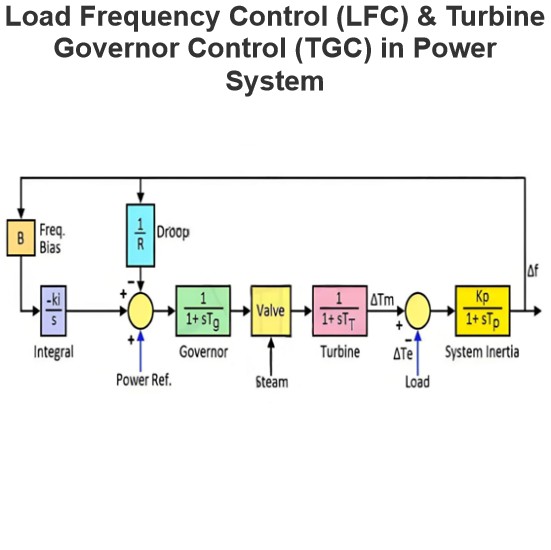What is the purpose of filling high-voltage capacitors with oil?
Purpose of Oil Filling in High-Voltage Capacitors
Filling high-voltage capacitors with insulating oil (often referred to as impregnation or filling with insulation oil) serves multiple critical functions in power systems. Below are the primary roles and benefits of oil filling:
1. Enhanced Insulation Performance
Increased Dielectric Strength: Insulating oil has a high dielectric strength, effectively preventing electric field concentration and partial discharges within the capacitor. This improves the overall insulation level and reduces the risk of electrical breakdown.
Elimination of Air Gaps: Oil fills microscopic voids within the capacitor, displacing air and other gases. This prevents moisture and contaminants from causing partial discharges or arc phenomena.
2. Heat Dissipation and Cooling
Thermal Conductivity: Insulating oil has excellent thermal conductivity, efficiently transferring heat generated inside the capacitor to the outer casing and then to the surrounding environment. This helps maintain the capacitor's operating temperature within safe limits, extending its lifespan.
Uniform Temperature Distribution: The fluidity of oil ensures that heat is evenly distributed throughout the capacitor, preventing localized hotspots that could otherwise lead to overheating and instability.
3. Suppression of Partial Discharges
Reduced Partial Discharge Risk: Insulating oil suppresses partial discharge within the capacitor. Partial discharges can degrade the insulation material over time, eventually leading to capacitor failure. The presence of oil reduces this risk, extending the capacitor's operational life.
Energy Absorption: Even if partial discharges occur, insulating oil can absorb some of the discharge energy, minimizing damage to the capacitor's insulation material.
4. Moisture and Corrosion Protection
Prevention of Moisture Ingress: Insulating oil effectively prevents moisture from entering the capacitor, avoiding insulation degradation and corrosion issues caused by humidity.
Protection of Metal Components: The oil layer covers internal metal components, protecting them from oxidation and corrosion, especially in humid or harsh environments, thus extending the capacitor's service life.
5. Improved Mechanical Stability
Support Function: Insulating oil provides mechanical support within the capacitor, reducing vibration and displacement of internal components. This is particularly important under high voltage and high current conditions, helping to maintain the structural integrity of the capacitor.
6. Delayed Aging
Slower Insulation Material Degradation: Insulating oil slows down the aging process of the capacitor's internal insulation materials, preventing performance degradation due to long-term use. The chemical stability of oil ensures it retains its properties over extended periods, prolonging the capacitor's overall lifespan.
7. Facilitated Maintenance and Inspection
Visual Monitoring: In some cases, changes in the color or quality of the insulating oil can serve as indicators of internal faults in the capacitor. For example, the appearance of bubbles, discoloration, or impurities in the oil may signal partial discharges or other issues, allowing for timely detection and maintenance.
Summary
The primary purpose of filling high-voltage capacitors with insulating oil is to enhance insulation performance, improve heat dissipation, suppress partial discharges, protect against moisture and corrosion, and extend the capacitor's lifespan. Proper selection and maintenance of insulating oil are crucial for ensuring the safe and reliable operation of capacitors. Common types of insulating oils used include mineral oil and synthetic ester-based oils, with the specific choice depending on the capacitor's operating conditions and requirements.
The Electricity Encyclopedia is dedicated to accelerating the dissemination and application of electricity knowledge and adding impetus to the development and innovation of the electricity industry.













